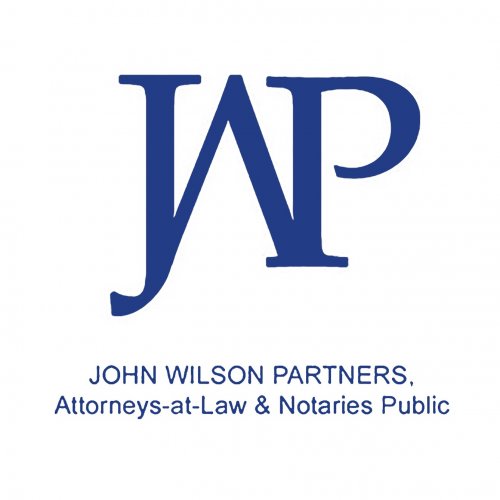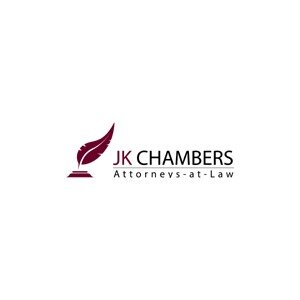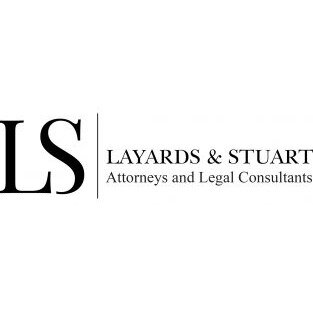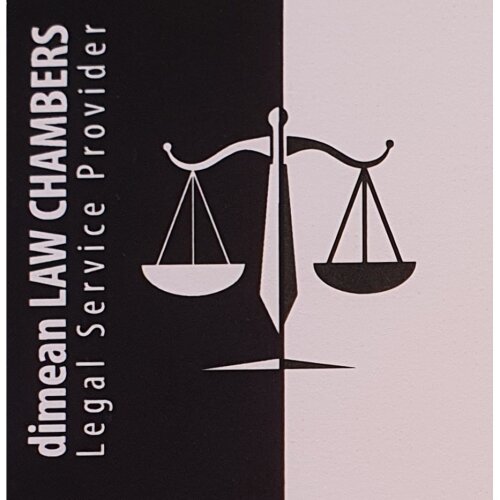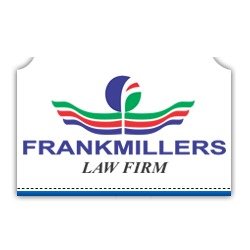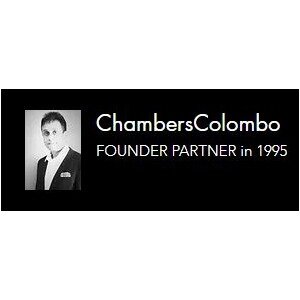Best Government Relations & Lobbying Lawyers in Colombo
Share your needs with us, get contacted by law firms.
Free. Takes 2 min.
List of the best lawyers in Colombo, Sri Lanka
About Government Relations & Lobbying Law in Colombo, Sri Lanka
Government Relations & Lobbying in Colombo, Sri Lanka, refer to the efforts of individuals or groups to communicate and interact with government officials to influence public policy, legislation, and regulatory decisions. In Sri Lanka, these activities have become increasingly structured with the growing need for businesses and organizations to engage effectively with government entities. Understanding the legal framework governing these practices is crucial for anyone involved in government relations and lobbying in Colombo.
Why You May Need a Lawyer
There are many situations in which you might require legal help in the field of Government Relations & Lobbying. These situations can include:
- Complying with local laws and regulations when organizing a lobbying campaign.
- Understanding the permissible scope of interaction with government officials.
- Ensuring transparent and ethical practices in government relations activities.
- Navigating disputes arising from lobbying activities or government decisions.
- Drafting or reviewing contracts and agreements pertaining to government relations efforts.
- Addressing accusations or investigations related to improper lobbying practices.
Local Laws Overview
In Sri Lanka, government relations and lobbying activities are subject to certain legal and ethical standards intended to uphold transparency and prevent corruption. The key aspects of local laws relevant to these activities include:
- Regulations on direct communication with government officials.
- Disclosure requirements for lobbyists, including registration and reporting of lobbying activities.
- Restrictions on gifts, incentives, and other forms of compensation offered to public officials.
- Codes of conduct regarding professional lobbying practices.
- Anti-corruption and anti-bribery laws aimed at ensuring clean governance.
Frequently Asked Questions
What defines lobbying in Sri Lanka?
Lobbying in Sri Lanka involves activities designed to influence government policy or decision-making processes. This includes any direct or indirect communication with public officials to advocate for specific outcomes.
Is lobbying legally recognized in Sri Lanka?
While not explicitly defined in Sri Lankan law, lobbying activities fall under regulations governing interactions with public officials, anti-corruption laws, and transparency in government processes.
Who needs to register as a lobbyist?
Individuals or entities that extensively engage in lobbying efforts, especially those representing external interests, may need to register with relevant government bodies and disclose their activities.
Are there restrictions on lobbying across specific sectors?
Yes, certain sectors such as defense, telecommunications, and pharmaceuticals may have additional regulations governing lobbying practices. It is crucial to consult with a lawyer to understand specific requirements.
What penalties exist for illegal lobbying activities?
Penalties may range from fines and administrative sanctions to criminal charges depending on the severity and nature of the violation.
Can foreign entities lobby in Sri Lanka?
Foreign entities can lobby in Sri Lanka but must adhere to all local laws and regulations, including disclosure and registration requirements.
How can I ensure compliance with lobbying laws?
Engage a legal expert familiar with Sri Lankan government relations law to ensure that your lobbying efforts are fully compliant with all local regulations and ethical norms.
Are public officers allowed to engage in lobbying after retirement?
There might be cooling-off periods or restrictions for former public officials seeking to engage in lobbying activities post-retirement. Legal consultation is advised to navigate these rules.
What constitutes ethical lobbying practice?
Ethical lobbying involves transparency, honesty, compliance with legal standards, and avoiding conflicts of interest or corrupt practices.
How does one resolve disputes arising from lobbying activities?
Disputes can often be addressed through negotiation, mediation, or legal proceedings. Legal counsel can guide the most appropriate course of action.
Additional Resources
Here are some resources and organizations you might find useful:
- The Ministry of Justice, Sri Lanka
- The Commercial and Bribery Unit of the Sri Lanka Police
- The Colombo Chamber of Commerce
- The Anti-Corruption Movement Sri Lanka
- Legal aid clinics and consultative forums hosted by law firms in Colombo
Next Steps
If you need legal assistance in government relations and lobbying, consider taking the following steps:
- Contact a lawyer specializing in government relations and lobbying laws in Sri Lanka to get personalized advice.
- Visit the official websites of government bodies overseeing lobbying activities for information on regulations and compliance.
- Attend seminars or workshops on government relations organized by professional bodies and law firms.
- Ensure that all your government interactions are properly documented and adhere to ethical standards.
Lawzana helps you find the best lawyers and law firms in Colombo through a curated and pre-screened list of qualified legal professionals. Our platform offers rankings and detailed profiles of attorneys and law firms, allowing you to compare based on practice areas, including Government Relations & Lobbying, experience, and client feedback.
Each profile includes a description of the firm's areas of practice, client reviews, team members and partners, year of establishment, spoken languages, office locations, contact information, social media presence, and any published articles or resources. Most firms on our platform speak English and are experienced in both local and international legal matters.
Get a quote from top-rated law firms in Colombo, Sri Lanka — quickly, securely, and without unnecessary hassle.
Disclaimer:
The information provided on this page is for general informational purposes only and does not constitute legal advice. While we strive to ensure the accuracy and relevance of the content, legal information may change over time, and interpretations of the law can vary. You should always consult with a qualified legal professional for advice specific to your situation.
We disclaim all liability for actions taken or not taken based on the content of this page. If you believe any information is incorrect or outdated, please contact us, and we will review and update it where appropriate.



